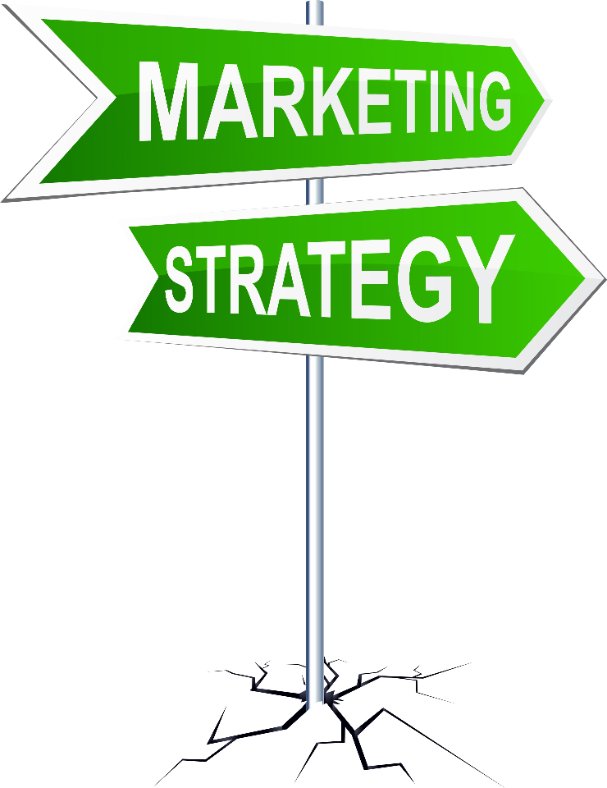
Talk of a U.S. recession is getting louder amongst economists, business leaders and individuals. In fact, most Americans think the country has already entered a recession or will do so within the next 12 months. The ebbs and flows of the economy can be predictable but also can be quickly rocked by events like a pandemic or geopolitical unrest. Because recessions can cause high unemployment rates, business failures and bankruptcies, knowing how to survive an economic downturn is a requirement for business success. That’s where strategic marketing decisions come into play.
What Is a Recession?
One reason we still see debates about our current economy’s recessive state is that we haven’t nailed down a universal definition of recession. Given the complex and ever-changing economy, it makes sense that a clear-cut definition is hard to nail.
Fundamentally, the state of a nation’s economy is measured by real gross domestic product, or real GDP. GDP is the total value of everything—goods and services—produced in the United States. It typically fluctuates in waves. Broadly speaking, a recession is a period between a peak of economic activity and its subsequent trough, or lowest point. Recessions are a natural part of the business cycle, and most are brief. Extended recessions, however, put pressure on a nation’s economy with rising levels of unemployment, falling consumer sales, and shrinking measures of income and manufacturing for an extended period of time.
The NBER’s definition of a recession is often criticized for its imprecision. A widely accepted definition of a recession comes from Julius Shiskin’s 1974 New York Times article on the changing business cycle. In his op-ed piece, Shiskin defined a recession by clear parameters which included duration of declines in real GDP for two consecutive quarters. Shiskin’s nearly 50-year-old article accurately reflects the same concerns we have today. “This debate over terminology may seem to be more of a political or semantic issue than an economic one, but underlying it is the central question: Has the nature of the business cycle changed?” Shiskin asks. When the answer is ‘yes,’ businesses need to respond quickly and effectively to stay successful.
Tips for Successful Marketing During a Recession

Regardless of the definition, an economic downturn is a reality for businesses. It’s critical for any organization to know how to maintain strategic marketing operations and produce real business growth at any point in an organization’s lifetime, especially when the economy isn’t booming. When it’s clear an economic downturn is in sight, keep these seven recommendations in mind:
- Leverage market research and customer data to better understand customer priorities. It’s essential to always know customer challenges, concerns and needs, but when the economy shifts, so do customer priorities. Keep a finger on the pulse of the market by staying on top of news, trends and predictions. Most importantly, communicate with your customers and prospects to understand how the market conditions are affecting them. Collect data through customer interactions with products and content, and use surveys, polls and sales conversations to gather direct insights.
- Reevaluate and reestablish your written marketing strategy. When budgets change, it’s vital to look at your overall marketing strategy. Align your plan with business capabilities and organizational goals. Without updating and revising plans regularly, businesses can fall prey to operating in a vacuum. As a result, marketers and other employers can lose sight of how their role fits into the bigger picture. Start by keeping a pulse on the marketplace and then adjust marketing activities that move the business toward newly identified or reinforced goals.
- Communicate value propositions clearly. Buyers prioritize stability when the economy is in a downturn. Less willing to make risky investments, cautious buyers will respond to value propositions that offer a stable foundation and empower them with new tools to take on known challenges right away. The sooner marketers can communicate a value proposition with clear benefits and solutions, the better.
- Maximize marketing spending through targeted marketing efforts, not mass marketing. Again, this comes down to knowing your target audiences thoroughly. Customers and prospects can be categorized into varying segments such as demographic, industry, company size or product needs. Focus on specific buyer personas that benefit most from your products or services, understanding that those target audiences may have changed with the fluctuating marketplace. From there, personalize marketing messages based on known needs, challenges or stage in their buyer’s journey.
- Recognize the growing importance of lead nurturing. After ensuring you’re targeting the right prospects, marketers should concentrate on lead nurturing to build a relationship with your brand conceived and reinforced by trust and value. To accomplish this, connect with prospects consistently and meaningfully. Share vital insights through targeted content so leads don’t lose sight of your brand and credibility. B2B buyers already take their time to make purchase decisions, and this is even more true during a recession. Give prospects the time they need to make those decisions while keeping your brand and solutions top of mind.
- Do not take existing clients for granted. Research shows that it costs five times more to attract a new customer than it does to keep an existing one. Businesses that focus on customer retention over customer acquisition during a recession can keep marketing ROI high. Leverage marketing messaging to ensure current customers are receiving the quality service they need and determine if new needs or challenges have arisen that your products or services can address. To boost vital customer loyalty, continue to provide valuable insights that can solve or alleviate customer problems. Loyal customers spend more money, purchase more frequently and are more likely to recommend your company to others.
- Match your tone to buyer circumstances. When recessions happen, certain industries are hit harder than others, but the ripple effect touches every business and individual alike. No matter how much your organization is affected, it’s important to always be aware of your audience. Maintain a tone through marketing messaging that recognizes financial challenges upfront, but offers understanding, stability and encouragement. The right tone matched with valuable insights creates the ideal foundation for meaningful customer relationships, even during challenging times.
One Step at a Time

No matter the size, industry or budget of your organization, economic fluctuations can impact businesses at any time. Stay marketplace-relevant by using known data to craft, document, communicate and maintain an adaptable strategy. Stay in close and consistent contact with current clients to reinforce client relationships and foster new ones. Most of all, ensure organizational focus is on sustainable growth and take it one step at a time.
